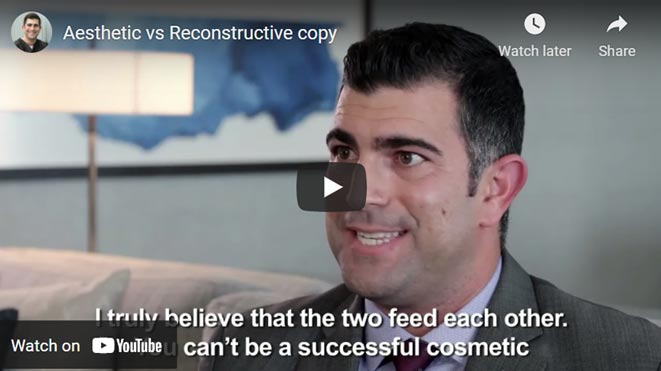DRY EYES TREATMENTS
NEWPORT BEACH
Orange County’s Best Eyelid Surgery Center
Restasis is a heavily advertised prescription medication for dry eye. It is meant to increase tear production in a certain subset of patients who have decreased tear production due to inflammation of the ocular surface. While this may be a very helpful medication for some, it is less helpful for others. A consultation with Dr. Joseph in his Newport Beach office will help determine the underlying cause of your dry eye and which treatment is right for you.
Surprisingly, the most common cause of excessive tearing is actually excessive dryness of the eyes. Tearing occurs as a response to the irritation and damage that accumulates due to this dryness. If you experience occasional irritation, or a sandy or gritty feeling on the eyes then you may have an element of dry eye. Also, if your tearing seems to occur at certain times of the day, in certain locations, with certain weather conditions, or with certain activities then this may be a sign that dryness is to blame.
While the production and amount of tears is important in the maintenance of the surface of the eye. It is in only one part of a very complex interaction of factors that determines whether or not our eyes are dry and irritated or lubricated and comfortable.
- The Tear Film – The tears produced from our tear glands are only ⅓ of the tear film. Just as important is the oil made from glands in the eyelids called Meibomian Glands. This oil stabilizes the tear film and allows it to spread and evenly coat the surface of the eye.
- Inflammation – The most common reason for poorly functioning meibomian glands is inflammation of the eyelids called blepharitis. This inflammation is exceedingly common and is present in the vast majority of dry eye patients seen by Dr. Joseph. It is also poorly controlled in many of these patients which propagates their dry eye symptoms despite using lubricating eye drops consistently.
- Eyelid Structure and Function – The dependence we have on the eyelids for the health and comfort of our eyes is evident with each blink. If you try to go an extra few seconds without blinking your eye will immediately let you know how unhappy it is. If the eyelids do not rest in the appropriate position and with the appropriate tension in relation to the eye; or if closure or blinking is abnormal or incomplete, this can lead to very severe dry eye disease.
